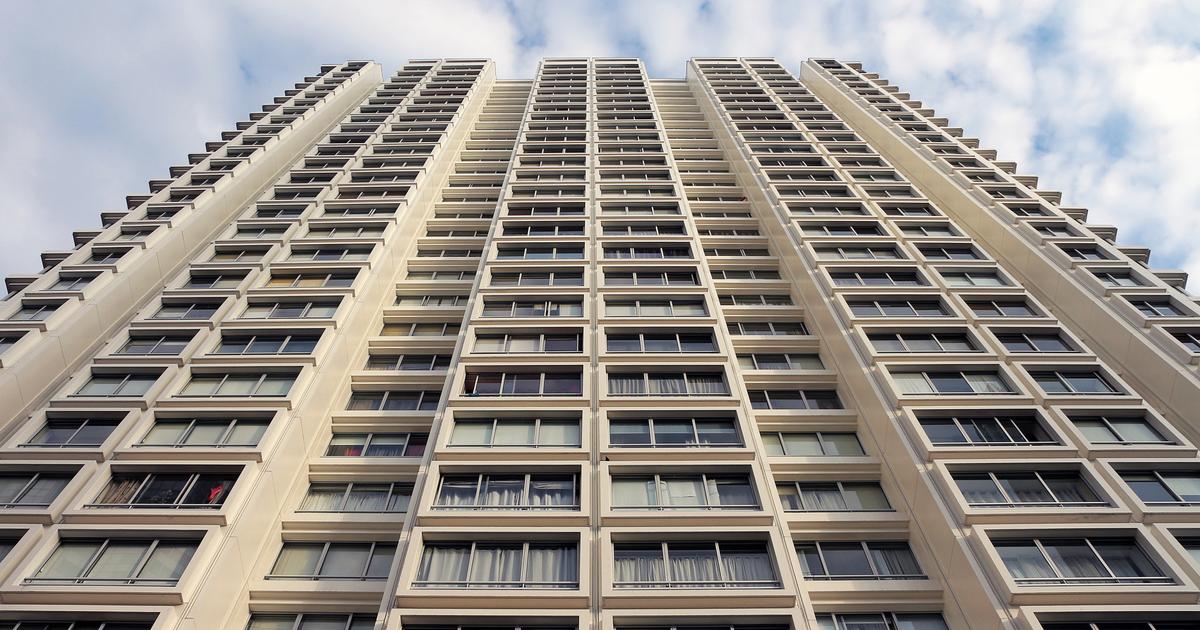More than eight out of ten Ile-de-France residents find their region overpopulated, according to a Verian survey commissioned by the Île-de-France Order of Architects unveiled on Wednesday, which also shows skepticism towards densification.
Around 82% of people surveyed by the institute believe that their region
“is overpopulated in terms of its reception and space capacities”
.
The most populous region of the country, Île-de-France has 12.4 million inhabitants, or 18.1% of the French population for less than 2% of the territory.
71% of respondents also say they are worried about the increase in population density in their region.
Density is rather associated with negative characteristics: noise, pollution, heat, concrete construction, overcrowding, difficulty finding housing, etc. The majority of respondents judge that density has a negative impact on their quality of life (41%, compared to 22 % judging this impact neutral and 21% positive).
The Parisians, almost equally divided on the question, are an exception.
Densification, seen as a means of reducing urban sprawl and achieving the objective set in the law of zero net artificialization (ZAN), is the subject of sensitive debates affecting lifestyles.
Thus, if 81% of Ile-de-France residents consider that the ZAN objective is rather a good thing, most of the concrete solutions to apply it receive a mixed reception or even outright opposition.
A divided opinion
Only the transformation of offices and unoccupied spaces into housing achieves consensus (88% in favor).
The fact of favoring collective housing over individual housing divides (45% for, 40% against), as does the addition of floors to existing buildings (40% for, 52% against) or the densification of residential areas ( 34% for, 55% against).
Among the measures arousing hostility among respondents, limiting the size of gardens (26% for, 67% against), reducing the surface area of housing (22% for, 69% against) and eliminating green spaces to build housing (13% for, 83% against).
Those under 35, and to a lesser extent city center residents, are significantly less opposed to densification.
In mid-February, the Prime Minister, Gabriel Attal, promised investments to encourage the raising of buildings or the construction of additional houses on already occupied land.
Survey carried out among a sample of 1003 Ile-de-France residents aged 18 and over, using the quota method.

